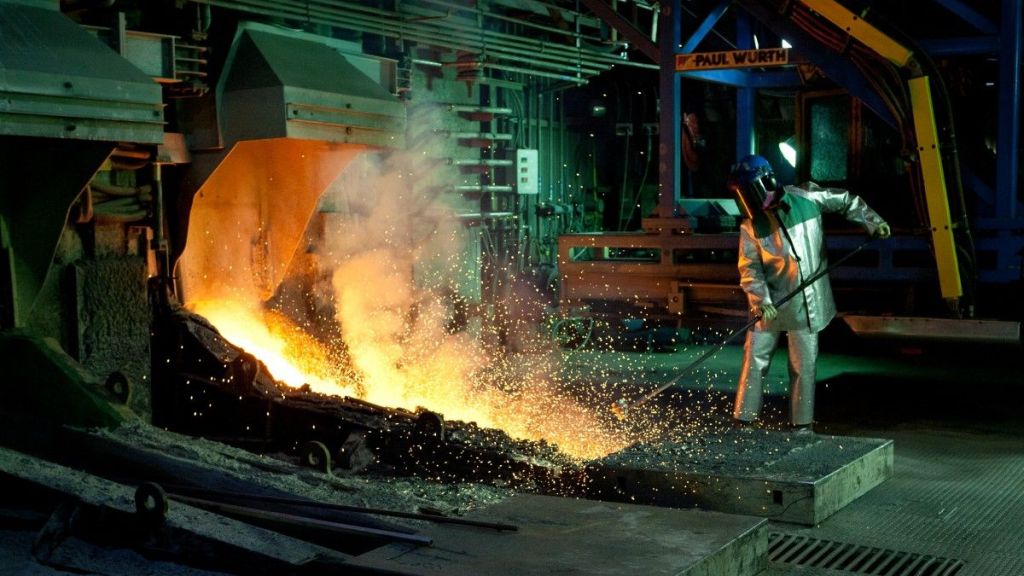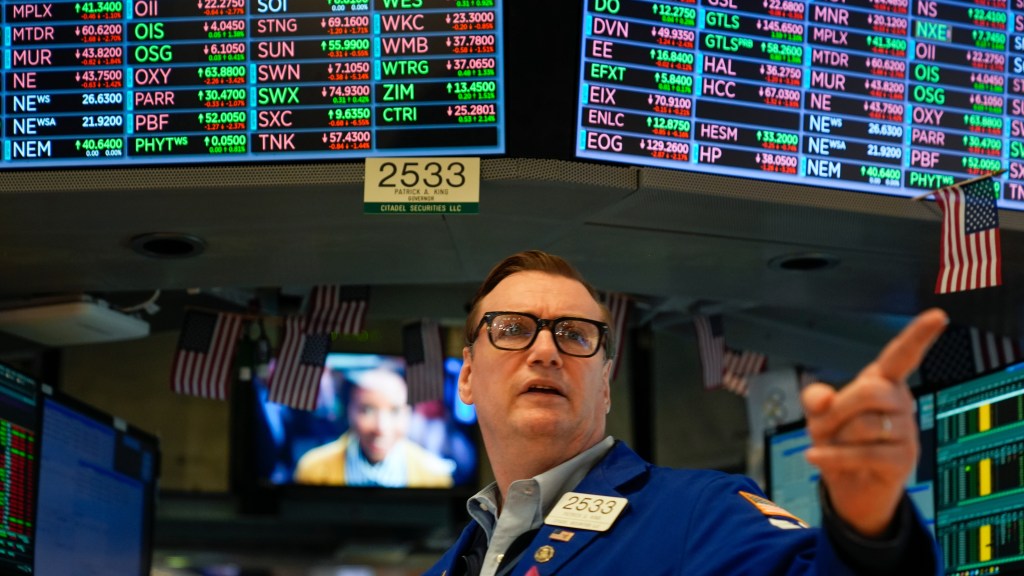Dividend Payout Hopes Diminish for Miners and Oil Companies
Expectations for dividend payouts from London-listed companies are receding following significant reductions by mining firms and a more challenging forecast for oil companies.
Total dividends are projected to grow by just 3.8% to £93.9 billion this year, a downgrade from an earlier estimate of £94.5 billion, which would have represented a growth rate of 4.5%.
Underlying dividends will see minimal growth, rising by just 0.1%, as per the quarterly monitor from Computershare, the share registrars group tracking all quoted company payouts, excluding special or one-time dividends.
Particularly, dividends from mining companies are expected to fall short of predictions, following Glencore’s larger-than-anticipated third-quarter dividend cut.
The decline in crude oil prices compared to 2022 and 2023 levels is also likely to dampen the generosity of energy companies’ dividends later this year. Additionally, substantial share buybacks by many listed firms, which decrease their share counts, are exerting downward pressure on the overall value of dividends.
Dividend payouts from UK-listed companies peaked at £104.5 billion in 2019, saw a slump in the pandemic year of 2020, and then rebounded.
In the three months ending June, traditionally the peak quarter in the dividend-paying calendar, total payouts reached an unprecedented £36.7 billion, an increase of 11.2%. However, this surge was influenced by special dividends, such as a £3.1 billion windfall from HSBC following the sale of its Canadian business, marking the fourth largest special dividend in the 17-year history of the survey. Without these special dividends, regular payouts only increased by 1% to reach £32.5 billion for the quarter.
Mining companies, affected by lower prices of commodities like iron ore, nickel, and coal, have reduced their payments, as have housebuilders coping with a tougher housing market.
Conversely, robust regular dividend growth from banks and pharmaceutical companies offset these reductions. Insurers, such as Direct Line—which reinstated its payout—and supermarkets also contributed positively.
Computershare projects third-quarter payouts to amount to £26 billion, down by 5.7%. Its forecast for fourth-quarter payments is £15.7 billion, marking an increase of 3.7%.
For the second consecutive year, HSBC topped the list of second-quarter payers, with Rio Tinto previously holding the top spot for the four preceding years.
The average regular dividend yield for London-listed companies stands at 4%, compared to a 4.28% yield on benchmark government bonds and up to 4.9% from the highest-paying instant access savings accounts.
Dividends are highly valued by pension schemes requiring retirement income and by income funds bought by individual investors for their yields, helping to support the share prices of companies with slower growth and lower risk bought for their yield.
“Higher profits mean most sectors are paying more in dividends and spending a lot of cash on share buybacks, although this might not be apparent, given the significant impact of mining companies on UK dividends,” said Mark Cleland, 47, chief executive of issuer services at Computershare. “Our figures for the second quarter indicate that most sectors are delivering growth, and we expect this trend to continue in the latter half of the year.”






